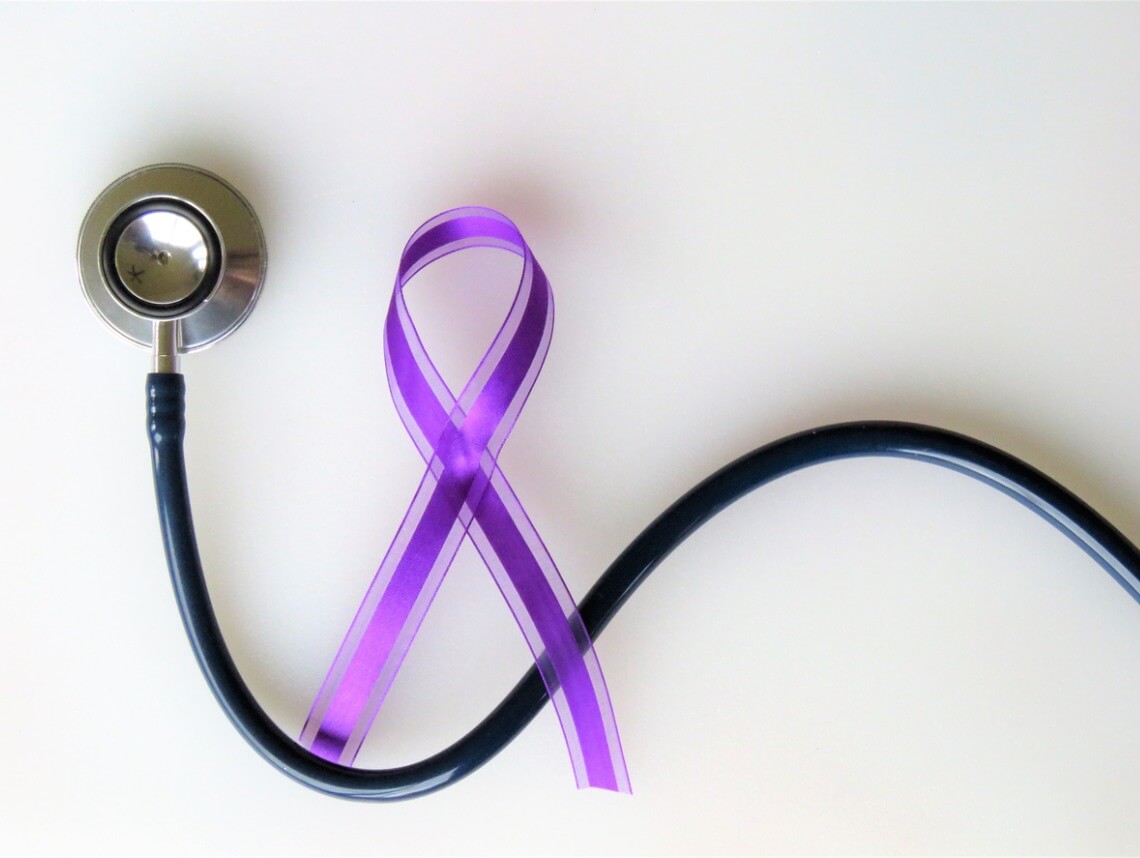Hodgkin lymphoma is a serious diagnosis for a child and family, but advances in treatment have led to major improvements in long-term outcomes for this condition. If you and your child are dealing with Hodgkin lymphoma, it is possible to navigate many of the obstacles that come with it. Learning as much as you can about treatment and care needs for this life-changing illness is a critical first step on your family’s recovery journey.
This overview is designed to help you be as engaged as possible with this process so you can help achieve the best possible outcome. Understanding the causes, treatments, and care needs for Hodgkin lymphoma can enable you to work more closely with your treatment team and other care providers.
What is Hodgkin lymphoma?
Lymphoma describes a type of cancerous growth that affects the lymphatic system, which helps your body fight off illness and infection. A key feature in the lymphatic system is lymph nodes. These are hundreds of small structures in the body that use white blood cells to filter toxins from the body and keep you healthy.
Hodgkin lymphoma is one of two main types of lymphoma, the other is known as non-Hodgkin lymphoma. With Hodgkin lymphoma, lymphocytes, a type of white blood cell, grow out of control and cause swelling and growths throughout the body.
There are two further subtypes of Hodgkin lymphoma:
- Classical Hodgkin lymphoma, which involves large lymphoma cells growing in the lymph nodes
- Nodular-lymphocyte predominant Hodgkin lymphoma, which is a much rarer type that involves a different type of lymphoma cells
Causes of Hodgkin Lymphoma in Children
Like other forms of cancer, doctors and medical researchers are still working to understand the causes and risk factors for Hodgkin lymphoma, particularly as it affects children. Family history, age, and being diagnosed with other conditions such as Epstein-Barr can all increase the risk of having Hodgkin lymphoma. The condition is also slightly more prevalent in males than females.
While the causes of Hodgkin lymphoma are not fully known, it is related to a mutation in the DNA of white blood cells. Instead of naturally dying, these mutated lymphocytes (white blood cells) continue to live and multiply. The result is a buildup of these cells, and other healthy immune cells that are drawn to the lymphocytes, in the lymph nodes.
Hodgkin Lymphoma Symptoms
This results in the following symptoms associated with Hodgkin lymphoma:
- Swelling of the lymph nodes, particularly in the armpits, groin, and neck
- Chronic fatigue
- Fever
- Weight loss
- Itching that can be severe
- Night sweats
The complications and prognosis related to Hodgkin lymphoma are dependent on how advanced the condition is and if it has spread to other parts of the body.
Diagnosing Hodgkin Lymphoma
If there are signs of Hodgkin lymphoma, doctors can take the following steps to positively identify the condition:
- Physical examination and discussion of symptoms
- Blood tests
- Diagnostic imagery such as an X-ray or CT scan
- Removal of a lymph node for biopsy and testing
- Bone marrow biopsy
Hodgkin Lymphoma Treatment
Early diagnosis of childhood Hodgkin lymphoma can result in better outcomes. The overall objective of treatment is to destroy as many lymphatic cells as possible and hopefully bring the disease into remission. This can be accomplished with the following types of therapy:
- Chemotherapy, which is the most common type of treatment for classical Hodgkin’s lymphoma and involves using a chemical treatment that travels throughout the body
- Radiation therapy, which uses high-energy beams to target cancer cells
- Bone marrow transplant, which removes cancerous bone marrow and replaces it with healthy material
- Other drug therapies, such as targeted therapy and immunotherapy
Caring for a Child with Hodgkin Lymphoma
Hodgkin lymphoma treatments have considerable side effects, such as nausea and hair loss, and can come with extensive care needs for children. Children with Hodgkin lymphoma may also have special dietary needs, ongoing prescription medications, physical therapy, and emotional and behavioral therapy needs.
In many situations, families of children with Hodgkin lymphoma can turn to pediatric home health services to meet these and other care requirements. A qualified home health professional can be like an extra member of the family who understands your child’s unique needs and can help with a wide range of care.
Contact Care Options for Kids for Home Health Care in Florida
It can be hard to balance your time between work, home, and caring for a child. That’s why our team of skilled professionals at Care Options for Kids is here to help. We have been enforcing precautionary measures and following the Centers For Disease Control (CDC) guidelines for COVID-19 to ensure the safety and health of our clients and employees.
Our home health care services offer one-on-one support in the comfort of your home. We refer loving and competent nurses to provide customized care for families — from a few hours a day to around-the-clock supervision. Contact us directly to speak with a home health care professional or request a free in-home assessment. Together we can determine the best plan of action to keep your loved ones happy and healthy.
If you or a loved one are considering Pediatric Home Health Care Services in Florida, contact the caring staff at Care Options for Kids. Call today at (888) 592-5855.






